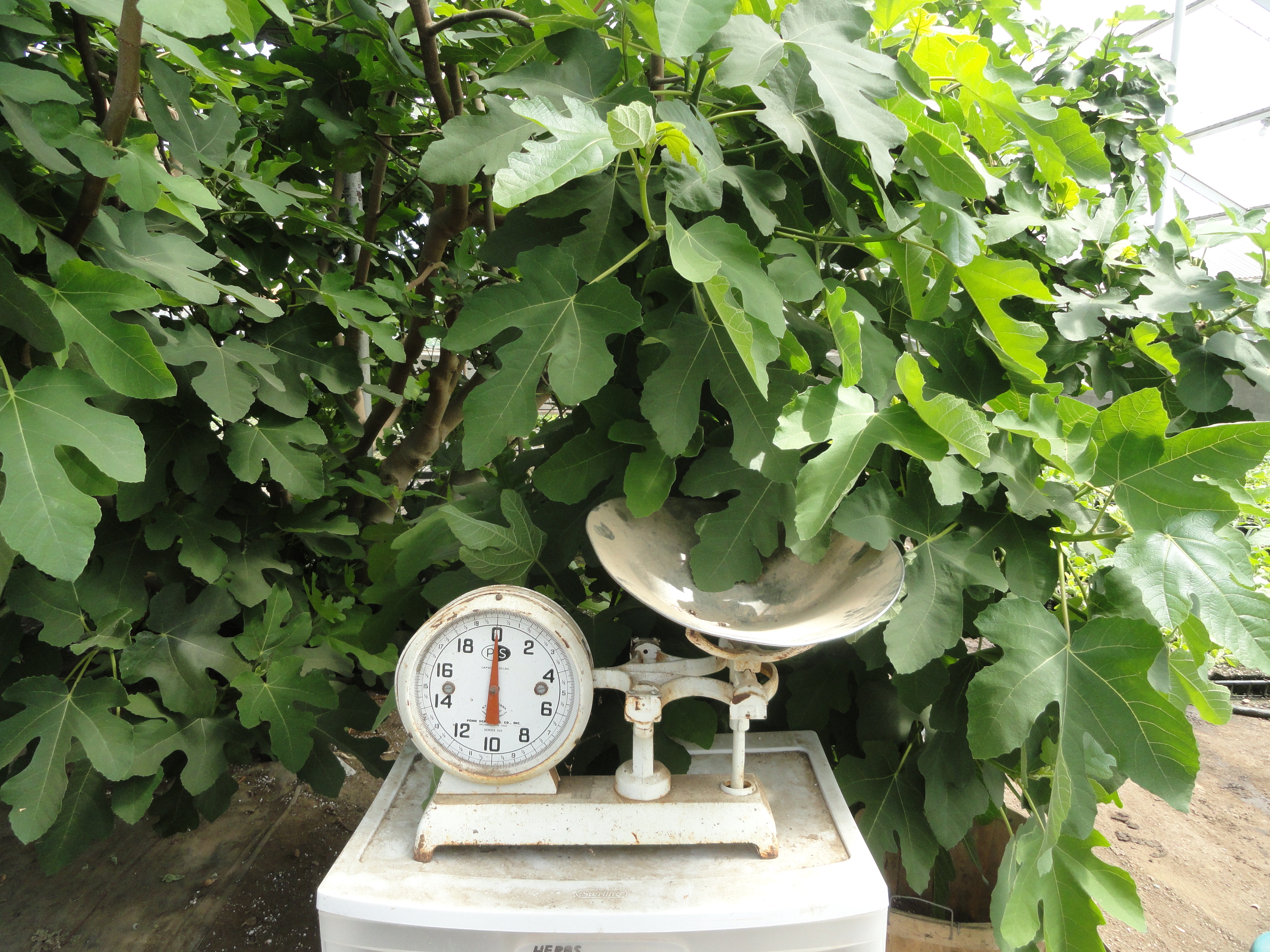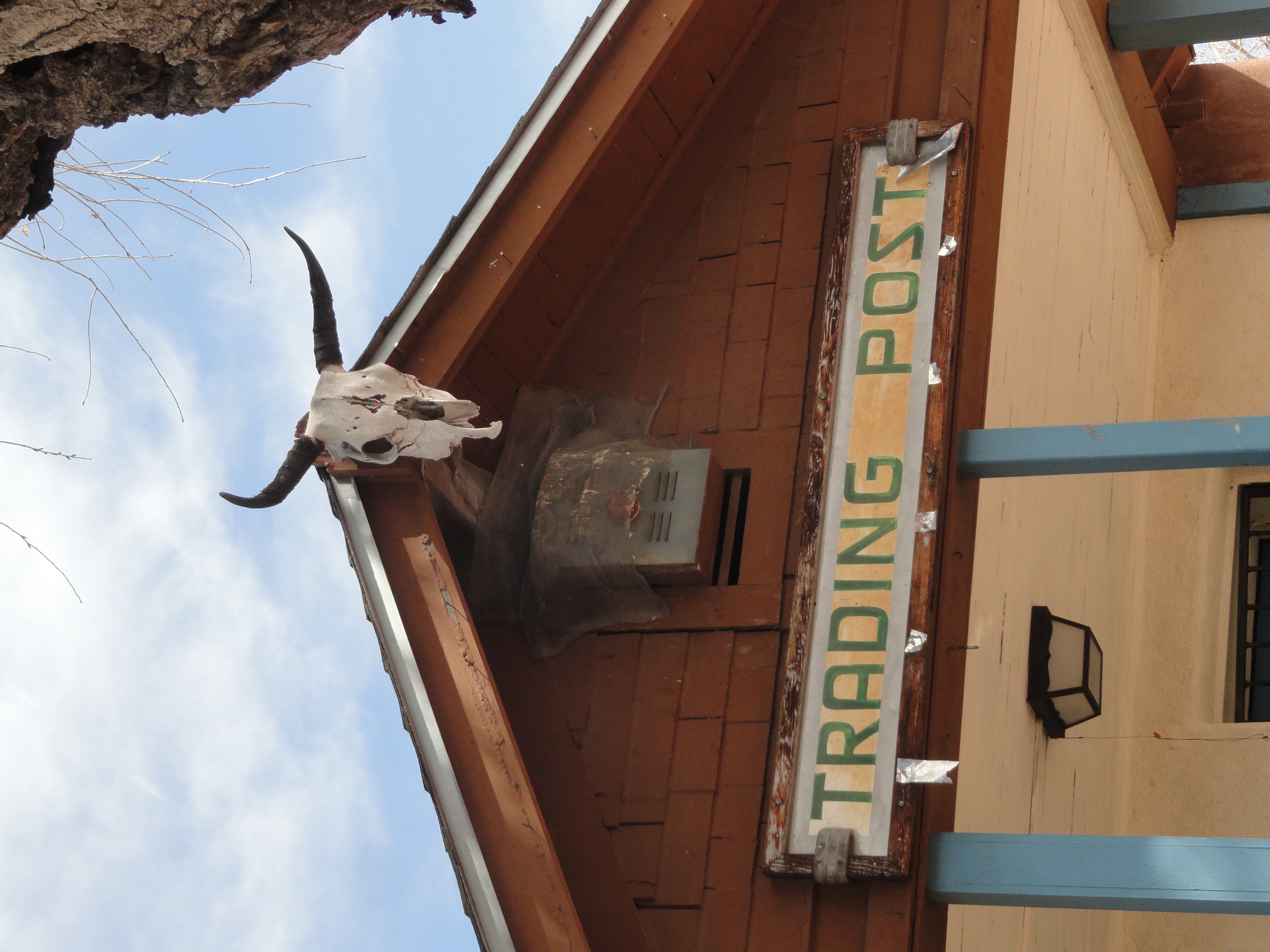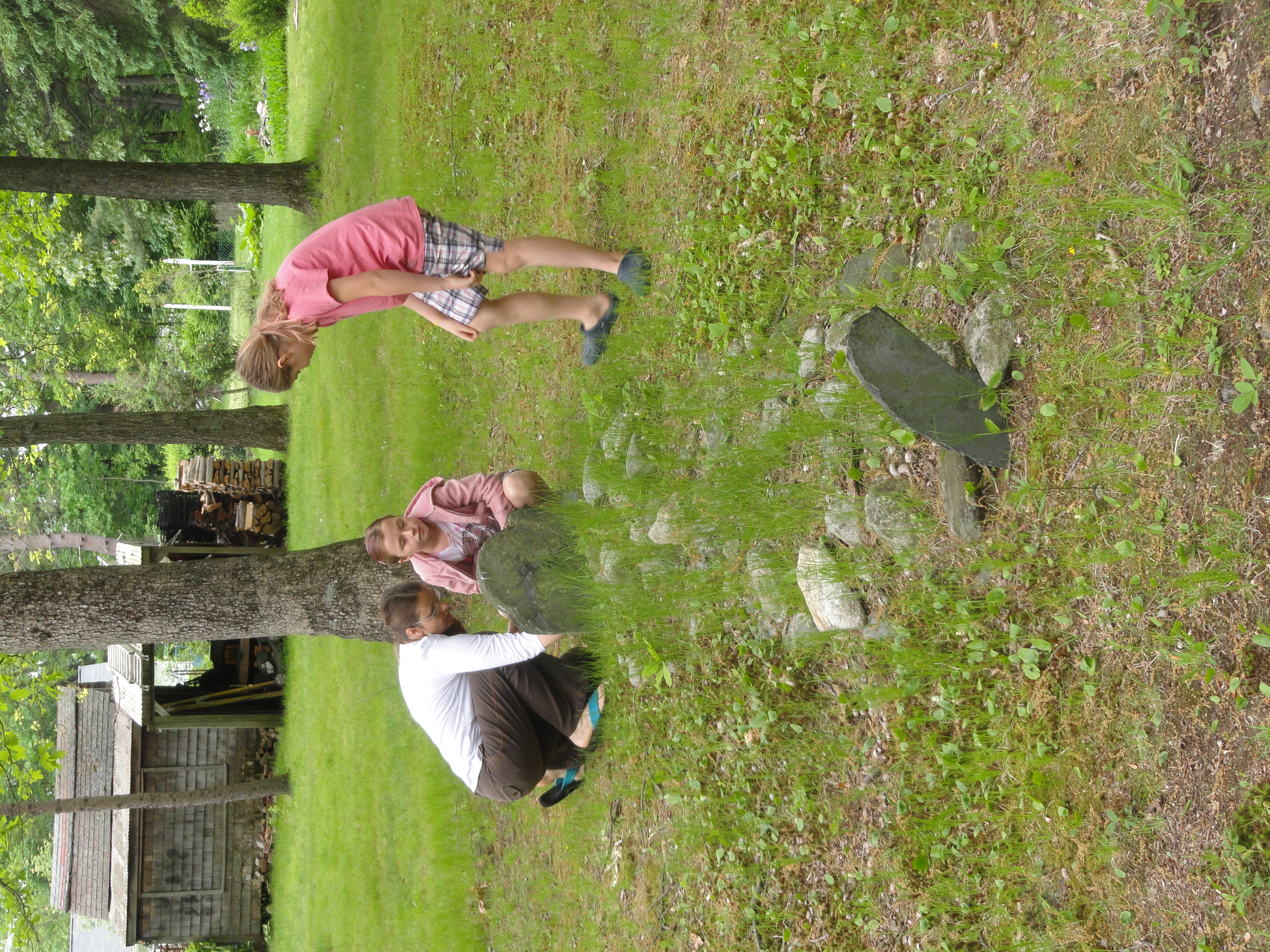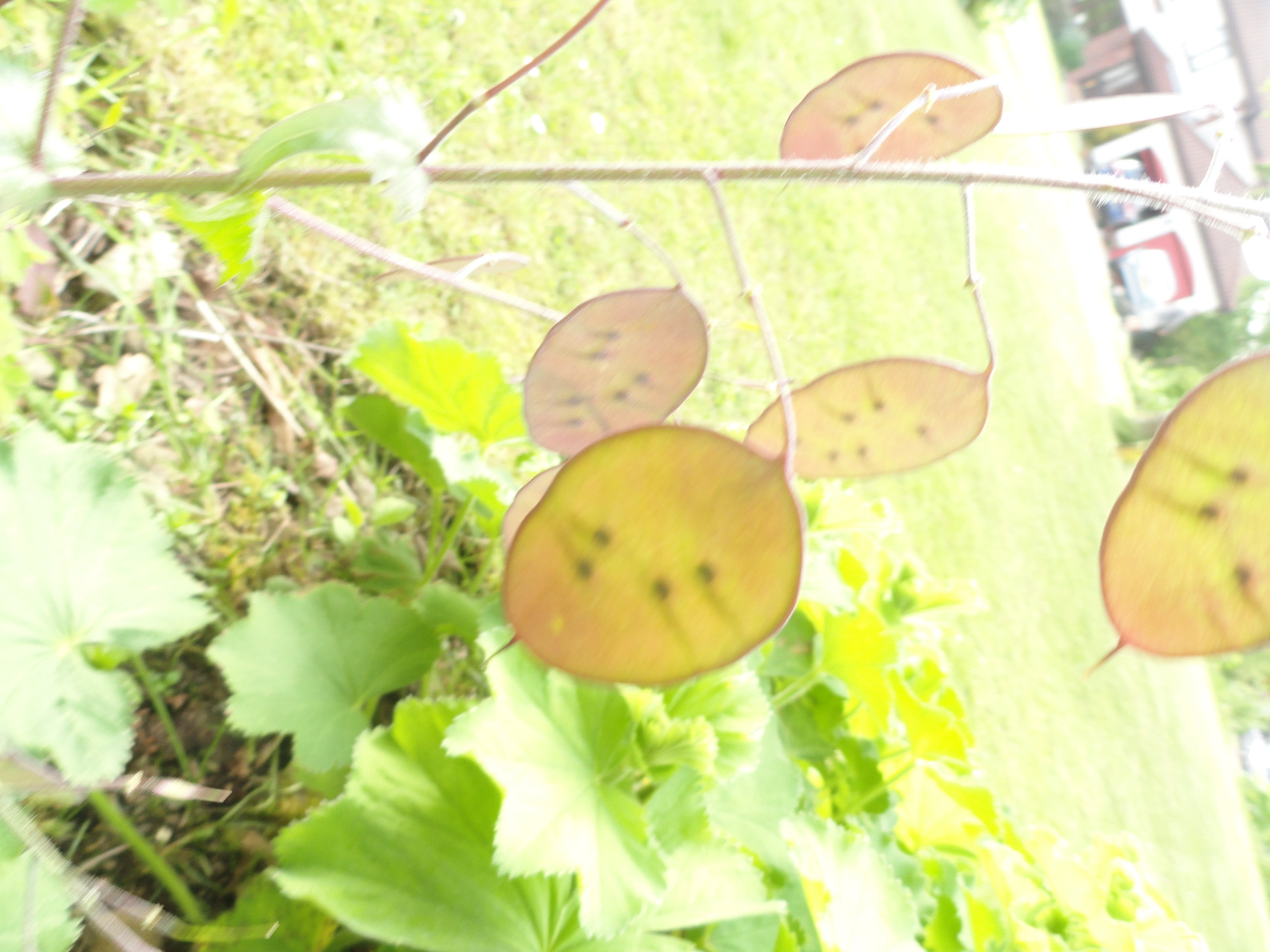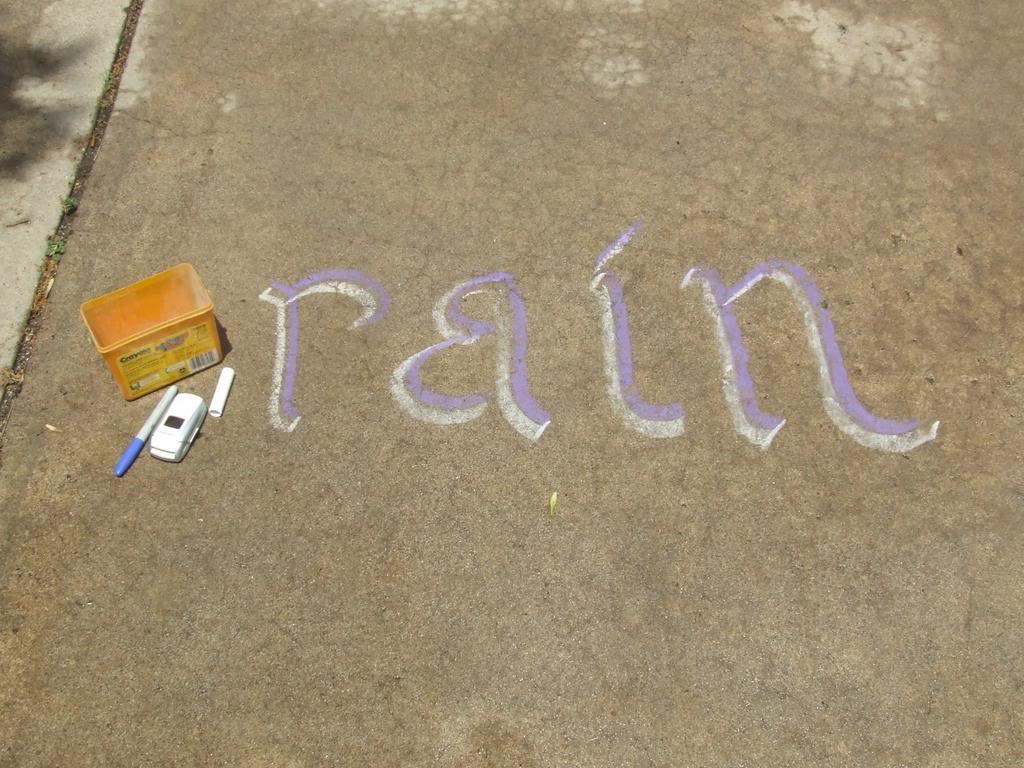Some of the things that help people be confidently in the moment, feeling satisfied and content are:
At first it might be relief and not joy, but as relief is a step away from fear, more relief will be progress toward joy.
- Breathing
- Gratitude
- Happy thoughts
- Fondness
- Acceptance
photo by Holly Dodd
__

